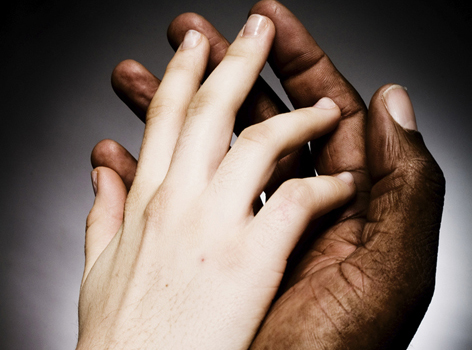-
Chapters from the paperback
- Introduction
- Ecocriticism
- Optimisation
- Grounded Economic Awareness
- Advertising Awareness
- Transition Skills
- Commons Thinking
- Effortless Action
- Permaculture Design
- Community Gardening
- Ecological Intelligence
- Systems Thinking
- Gaia Awareness
- Futures Thinking
- Values Reflection and the Earth Charter
- Social Conscience
- New Media Literacy
- Cultural Literacy
- Carbon Capability
- Greening Business
- Materials Awareness
- Appropriate Technology and Appropriate Design
- Technology Appraisal
- Complexity, Systems Thinking and Practice
- Coping with Complexity
- Emotional Wellbeing
- Finding Meaning Without Consuming
- Being in the World
- Beauty as a Way of Knowing
- Citizen Engagement
- Re-Educating the Person
- Institutional Transformation
- A Learning Society
- Additional chapters
- Interviews
Home » The Handbook of Sustainability Literacy » Chapters from the paperback » Cultural Literacy
Cultural Literacy
Cultural Literacy: understanding and respect for the cultural aspects of sustainability. Kim Polistina, Award Leader - Outdoor Learning University of Glamorgan
____________________
Culture includes our whole system of beliefs, values, attitudes, customs, institutions and social relations. The global crisis facing humanity is a reflection of this system and is therefore a cultural crisis (UNESCO 1997). Hawkes (2001) reasoned that culture is the fourth pillar of sustainability, the glue that holds the social, environmental and economic pillars steadfast. An important skill for dealing with cultural diversity is cultural competence, which Chrisman (2007:69) defines as ‘attitudes, practice skills, and system savvy for cross cultural situations’. The central thrust of most cultural competence work involves individuals’ flexibility and capability to properly assess and treat all people respectfully and in a suitable manner appropriate to their culture. Cultural literacy includes cultural competence but adds to it the ability to critically reflect on, and if necessary bring about change in, one's own culture. It also includes the ability to analyse the behaviours of dominant cultures in relation to other cultures...



